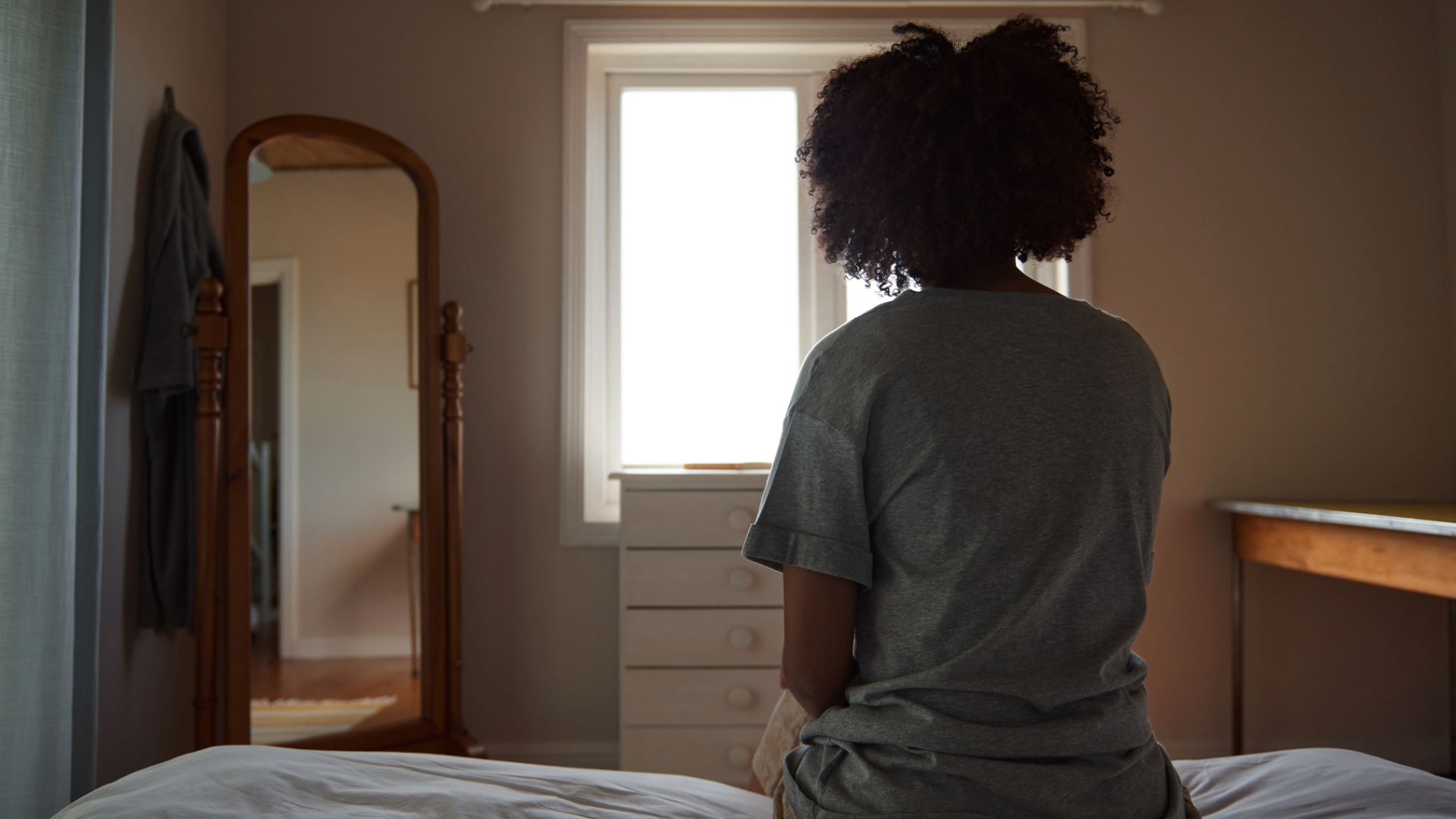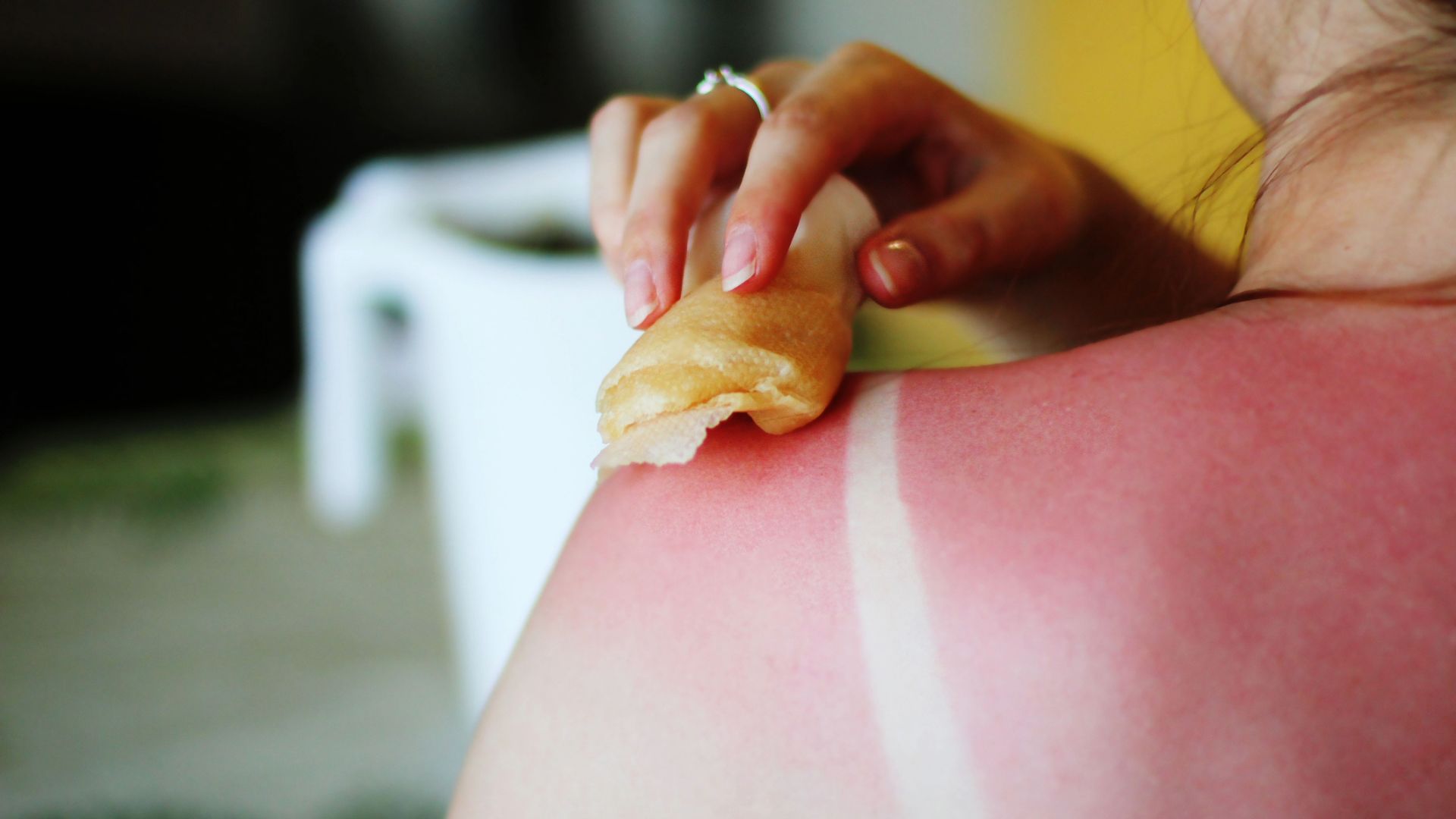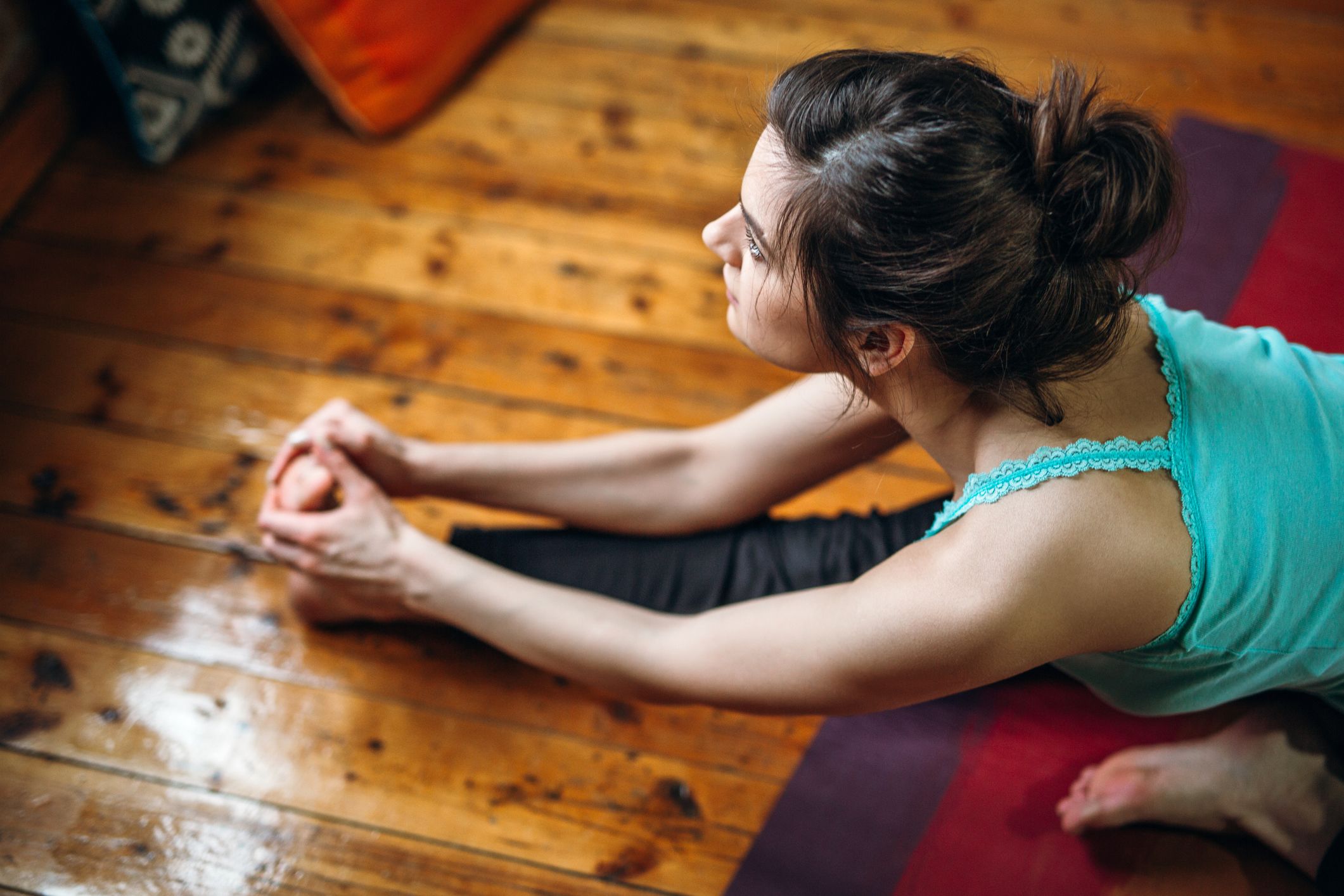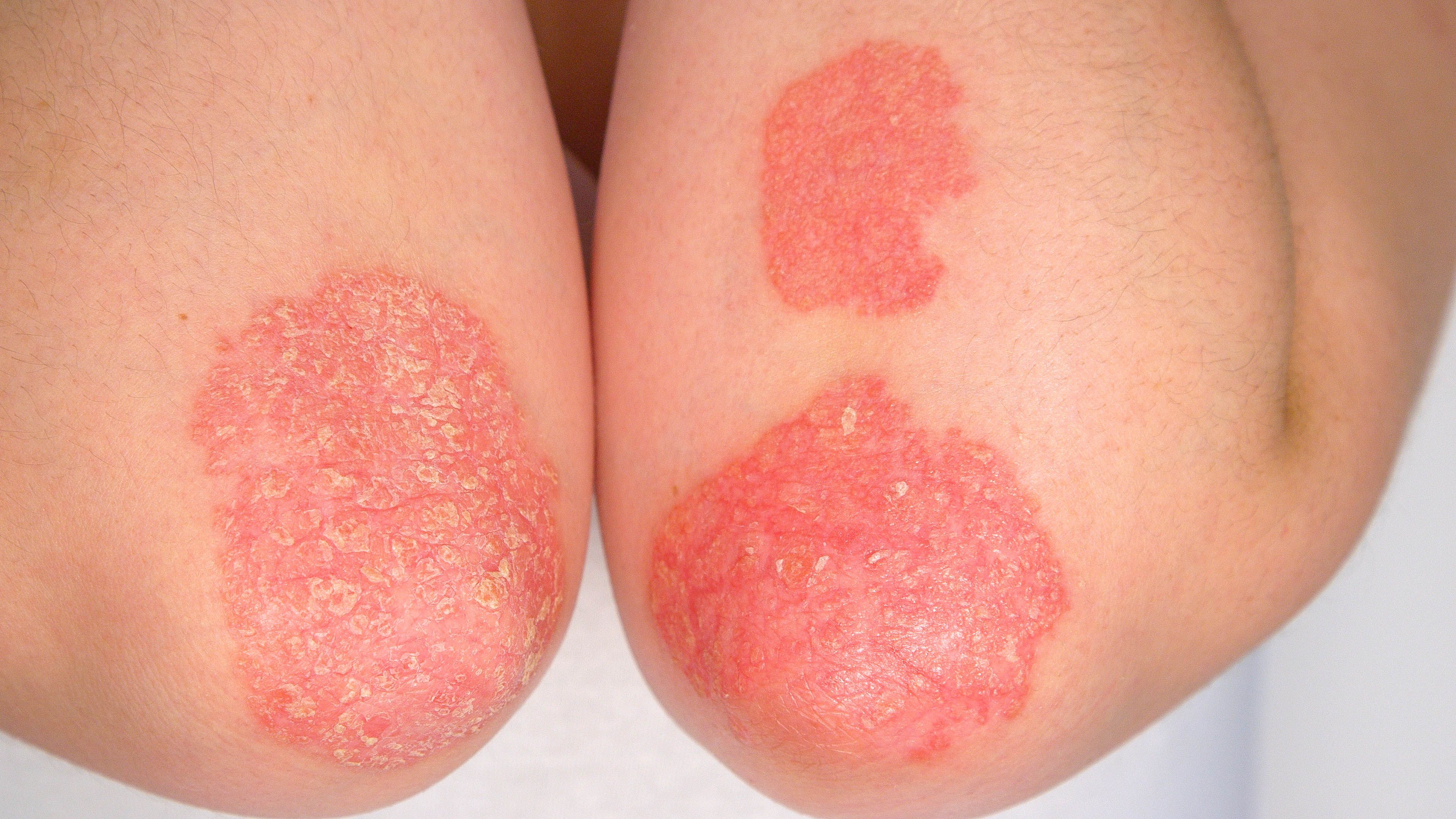Updated on September 1, 2023
If you're one of the approximately 7.5 million Americans with psoriasis, you know how harsh weather can aggravate your condition. Extreme temperatures, dry air, and blazing sunlight—or just as bad, minimal sunlight—can irritate existing outbreaks and contribute to new patches of itchy scales.
Happily, a psoriasis diagnosis doesn't mean you have to stay inside forever. With these smart strategies, you can enjoy the outdoors and help prevent flares year-round.
Figure out your triggers
Generally, psoriasis gets better in warm summer months, and worse in colder ones. One 2021 Chinese study published in Clinical, Cosmetic, and Investigational Dermatology found that more than half of those with psoriasis experienced worsened disease during winter. People who spent more time in the sun during colder seasons were less likely to have flare-ups.
To determine whether—and how badly—your psoriasis is affected by meteorological conditions, the National Psoriasis Foundation suggests keeping a record of your flare-ups. Note your symptoms and where rashes occur on your body, as well as details about the day outside.
In summer
Summer is prime time for people with psoriasis to go out and play, thanks largely to lots of sunlight. In moderate doses, it slows the overproduction of skin cells, key in battling outbreaks.
Sunburn, however, is a different story. It exacerbates psoriasis, and when serious enough to break skin, can cause the Koebner phenomenon, where new rashes appear at the injured site.
To strike a balance between helpful sun exposure and harmful sunburn, consult a healthcare provider (HCP). They may give you a sunning schedule—5 to 30 minutes per day, a few days per week, for example—and can tell you whether your psoriasis medications might increase the chance of being burned. You should always apply sunblock on exposed areas unaffected by flare-ups.
Another big reason summer is great for people with psoriasis: humidity, which keeps skin moist and soothes itchiness. Applying moisturizer after showers and swimming can help lock in this moisture; just be sure to rinse off first, so pool chemicals or salt don't irritate your condition.
While humidity is primarily a positive for psoriasis sufferers, it can bring on the bugs. To protect against insect bites, which can trigger the Koebner phenomenon, wear a DEET-free repellent and light, long clothes in the evening.
In winter
Frigid weather presents two main problems for people with psoriasis: cold, dry air and lack of sunlight. To counter the lack of moisture in the atmosphere, experts suggest:
- Using a humidifier indoors
- Avoiding long, hot showers and bathing less frequently, if possible
- Wearing natural fibers like cotton, and avoiding fabrics that might cause irritation, like wool
- Moisturizing as much as you can
Thick lotions, creams, oils, and petroleum-based jellies lock in your body's natural moisture, and should be applied after bathing and before bed, though any time is fine unless specified otherwise. Your HCP might prescribe a special moisturizer for psoriasis, or you can opt for an over-the-counter product.
A lack of sunlight can be tougher to address, thanks to shorter days and bitter cold. One research-backed solution is phototherapy, in which a health care provider doses a psoriasis patient with UVB (ultraviolet light) rays. It can eventually reduce redness and itch. HCPs may prescribe a UVB unit for home use, depending on costs and proximity to treatment.
Year-round practices
Whatever the season, a healthy lifestyle goes a long way towards keeping psoriasis in check. To help tame flare-ups, you should:
- Eat a balanced, wholesome diet and drink lots of water
- Get a good night’s sleep
- Reduce stress as much as you can
- Exercise
Working out is particularly beneficial, since it reduces the risk of developing concurrent health problems like heart disease and diabetes, which occur at higher rates in people with psoriasis. A fitness regimen can also help those with psoriatic arthritis—affecting up to 30 percent of the psoriatic population—by keeping joints flexible and reducing inflammation. The National Psoriasis Foundation recommends swimming, walking, and tai chi among other outdoor exercises.






